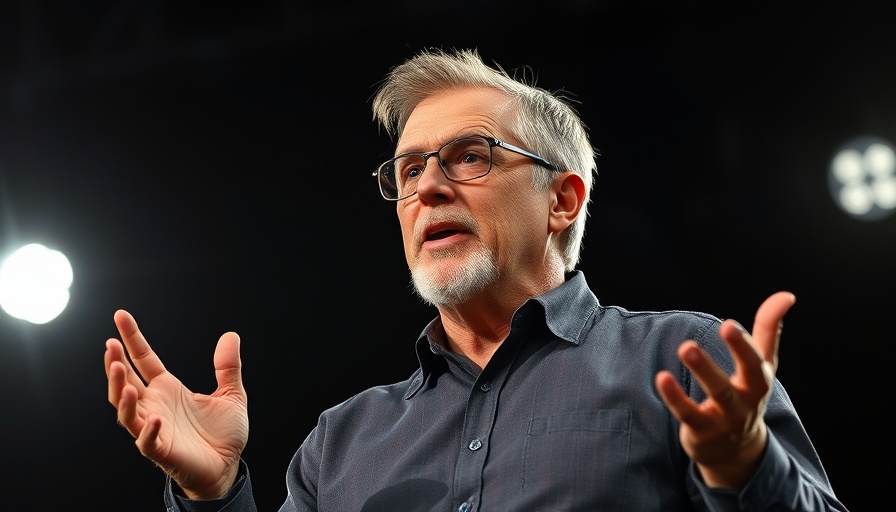
Understanding the Musk vs. OpenAI Legal Battle
The recent lawsuit involving Elon Musk and OpenAI highlights a growing divide in the tech industry regarding the ethical development of artificial intelligence. Musk's concerns stem from his belief that OpenAI, initially founded with a commitment to ethical AI development, has strayed from its altruistic goals under CEO Sam Altman. As Musk pushes back against what he perceives as a betrayal of these ideals, the implications of this case extend far beyond the courtroom, igniting discussions about corporate responsibility in the tech sector.
The High Stakes Behind the Lawsuit
The frustration that triggered Musk's lawsuit was directed at the core purpose of OpenAI. The argument is predicated on the claim that the organization has shifted its focus from ethical AI initiatives to more commercial interests. This transition, Musk argues, undermines the original purpose of creating AI that prioritizes human welfare and safe development practices. The recent ruling by a federal judge in Oakland, which denied Musk an injunction, emphasizes the complexity of his arguments while leaving the door open for a deeper examination of OpenAI's operations.
Broader Implications for AI Development
The outcome of this high-profile legal battle could set a precedent for how AI companies operate going forward. As AI technologies continue to permeate various aspects of life and work, discussions surrounding transparency, ethical deployment, and regulatory compliance are paramount. Musk’s attempts to challenge OpenAI on these grounds could spark a broader movement advocating for more ethical standards across the tech industry. As organizations like OpenAI develop innovative tools that profoundly impact society, there is a necessity for scrutiny of their motivations and actions.
Counterarguments and Diverse Perspectives
While Musk presents a compelling case, some critics argue that the evolution of OpenAI is a sign of growth and adaptation rather than a deviation from its mission. The financial backing and partnerships that OpenAI has pursued are essential for sustaining high-stakes AI research and development. Proponents argue that private funding enables rapid advancements that public institutions cannot match, potentially benefiting society at large through innovation.
What This Means for AI Ethics
This case ultimately raises significant questions regarding the ethical governance of AI. As technologies develop, will firms prioritize profit over purpose? Musk's lawsuit comes at a time when various organizations are striving to balance innovation with ethical considerations, a challenge that will continue to shape the industry. The need for clear ethical standards becomes ever more crucial, especially as AI systems are being integrated into critical areas like healthcare and education.
Conclusion: What Can Be Learned?
As we witness the unfolding of this lawsuit, it serves as a reminder of the intertwined nature of technology, ethics, and business strategies. Stakeholders in the tech community, policymakers, and consumers alike must engage with the issues raised in this case. Advocating for transparent and ethical AI will become crucial in navigating future technologies. For those who follow this case closely, the outcome could define the ethical landscape of AI for years to come, emphasizing the importance of holding AI developers accountable.
 Add Row
Add Row  Add
Add 




 Add Row
Add Row  Add
Add 

Write A Comment